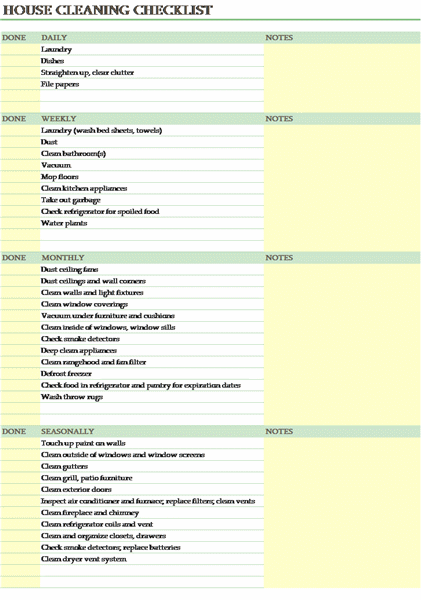Urology is a field of medical sciences that deals with the management of the renal system. It includes several organs like the kidney, ureter, bladder, and urethra, along with other supportive organs, hormones, and systems. The field of urology deals with all the problems associated with your kidney, ureter, and bladder.
You always go to a urologist if you feel pain in the lower abdomen or your flanks, along with dysuria, hematuria, or any other symptoms. We also try to seek the help of a urologist if we face some problems with our kidney functions in many forms.
Visiting urologists need a slightly different type of documentation, so booking a visit is of utmost importance. This helps in the data entry and use of that data in subsequent visits, which helps a lot in the understanding of the disease and its course over time.
To save time and energy on the part of the patient and the hospital, urology encounter forms are formulated and are present in almost all urology hospitals or every other hospital where a urologist is available.
What is a urology encounter form?
The urology encounter form is also termed the urology registration form. It is filled out at the time of the first visit and contains all the information that is needed by the hospital or the specialist in any form.
Details of urology encounter form
- The urology encounters or registration form begins with the usual information about the patient, in which his name, age, sex, date of birth, place, residential address, and other contact details are asked and noted down. Some hospitals need to know the insurance details of the patient as well, in case some companies are covering medical expenses. Emergency contact details are also inquired about and kept as a record in case follow-up or emergency communication is required.
- The date of the appointment and its time are also mentioned at the top so that no confusion is left behind. The reason for each appointment is also mentioned.
- The name of the primary physician, along with his qualifications and license number, is mentioned in the encounter form. Sometimes, his address and contact details are also required. Otherwise, the work address and contact details are mentioned in the form.
- In the subsequent sections of the urology encounter form, the history of the patient is noted down. Past medical and surgical history, history of medications, drug and allergy history, history of transfusion, family history, and history of previous lab investigations and imaging are also mentioned in the form.
- The history of the presenting illness is asked in detail every time the patient comes for a visit. His complaints regarding renal systems are elaborated on and mentioned in the form. Urinary symptoms are also inquired about. The patient is asked if he suffered from urinary incontinence, retention, incomplete emptying, dysuria, hematuria, urinary urgency, nocturia, or any other details the patient wants to add.
- Since the urinary system is directly affecting the quality of life, the intensity of symptoms is appropriately assessed, and the quality of life is graded accordingly.
- Nursing Documentation Templates
- Mental Health Evaluation Forms
- Forms Used by Pediatricians
- Various Forms Related to Pregnancy Verification
- Common Forms Used by ENT Specialists
- Pain Diary Worksheet Template
- Forms Commonly Used by Old Age Homes
- Medical Treatment Consent Form
- Home Exercise Program Worksheet
- Forms Used for Mental Health Assessment
- Forms Used by Psychologists
- Medical Forms Commonly Used by/for Students
- Assessment Consent Form
- Forms Used by an Anesthesiologist
- Not Fit to Fly Certificate Template



